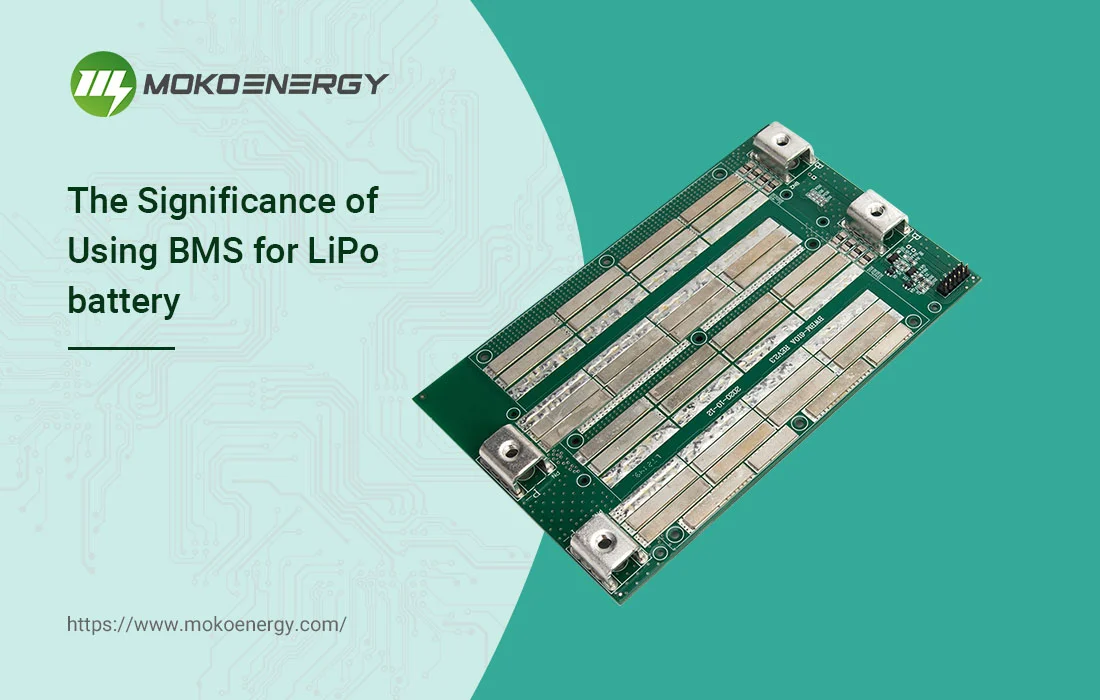Notable Advantages of wireless battery management system:
- Safer structure: The PACK of lithium battery pack does not need to weld the voltage acquisition signal line, but only needs to be connected in series and parallel.
- Energy density improvement: Due to the reduction of the PACK harness of the lithium battery pack, the space utilization rate of the battery pack is greatly improved, the weight and volume will be further improved, and the energy density will also be improved.
- Overall PACK cost reduction: Reduce the cost of wiring harness connection plug-ins, monitoring modules, and other components.
- More intelligent: Through CAN bus communication and wireless transmission, monitor and manage the battery pack voltage, SOC, current, temperature, running status, and other parameters more intelligent. Wireless BMS can collect battery data, which can not only predict battery performance but also track and monitor vehicle production, storage and transportation, after-sales maintenance, battery recycling, etc. The whole life cycle of the lithium battery pack will be data.
Of course, there are some challenges with wireless BMS battery management systems. What are the remaining challenges?
- Wireless BMS is applied to the whole lithium battery PACK, and its electromagnetic compatibility is difficult.
- The stability of anti-interference is also a challenge. Once the wireless transmission of wireless BMS is interfered with, it fails to respond to the protection of the lithium battery pack, resulting in infinite hidden dangers.
At present, wireless BMS has not been mass-produced, but this concept of wireless BMS will be the mainstream of the lithium battery pack industry in the future. Once the difficulties are overcome, they will soon be widely used. Technology lithium battery pack products, power vehicle products, energy storage products, etc., will be the main field of wireless BMS.
MORE: How can wireless BMS contribute to the smart battery ecosystem?




